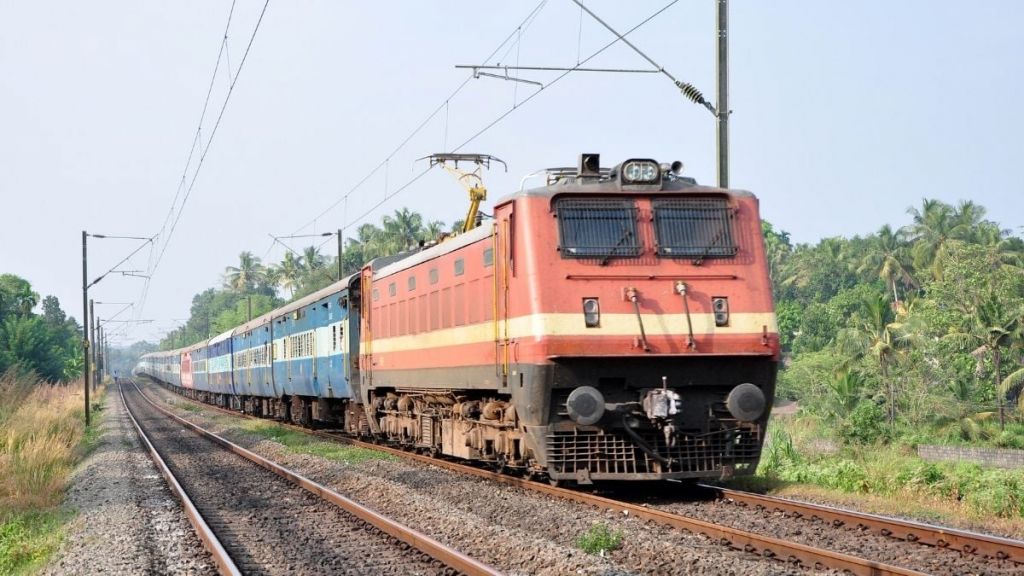
Recent news regarding the cleanliness of wool blankets provided to passengers on Indian Railways in AC coaches has raised questions about hygiene standards in long-distance travel. According to an RTI response from the Ministry of Railways, linens such as bedsheets and pillow covers are washed after every use; however, wool blankets are typically washed only "at least once a month, preferably twice in a month, subject to available capacity and logistics arrangements."
A recent report by TNIE involving about 20 housekeeping staff from different long-distance trains revealed that blankets are often washed only once a month. Staff members said they only send blankets for cleaning if they are stained or smell bad.
Indian Railways washes the woollen blankets provided in AC coaches once a month, or at the most twice. (RTI) pic.twitter.com/9lC63K4ID5
— Indian Tech & Infra (@IndianTechGuide) October 22, 2024
One housekeeping staff member explained in the report, "After every trip, we put the bedsheets and pillow covers (the linen) in bundles to give it to the laundry service. In the case of blankets, we fold them neatly and keep them in the coach. We send them for laundry service only if we there is a foul smell or notice some food on it."
This practice raises questions about the effectiveness of the current cleaning protocols. Another long-serving staff member highlighted the lack of monitoring, noting, "There is no guarantee that the blankets are washed twice a month. In most cases, we would give the blankets for washing only if we noticed a foul smell, wetness, vomit, etc. In certain cases, we immediately ensure a clean blanket is provided if the passenger raises complaints.”
One Person filed the RTI and found out that Indian Railways washes the woollen blankets provided in AC coaches once a month, or at the most twice.
— Dr Nimo Yadav Commentary (@niiravmodi) October 22, 2024
This is what modi doing in the name of Swacch Bharat abhiyan.
Disgusting. pic.twitter.com/7mrYxbJlsa
A retired senior officer of EnHM stated, "The blankets are heavy and it is difficult to ensure they are properly washed. It is high time the Railways stopped using these blankets."
Reportedly, Indian Railways does not charge passengers separately for these blankets, as they are considered part of the train fare package. In certain services, like Garib Rath and Duronto, passengers can opt for additional bedroll kits at an extra cost.
This is so crazy!
— Aditya Shah (@AdityaD_Shah) October 22, 2024
Why doesn't the Indian railway charge Rs 100 extra to give clean and take away blankets? pic.twitter.com/kDjRKx5hVx
In terms of laundry services, the Indian Railways operates 46 departmental laundries and 25 BOOT (Build-Own-Operate-Transfer) laundries across the country. While the Railways owns the land and equipment for these laundries, staff are often contracted workers, which raises further questions about oversight and quality control.
With cleanliness being essential in public transportation, these insights highlight a pressing need for the Indian Railways to reassess their laundry protocols and consider alternatives to wool blankets to ensure passenger comfort and safety.